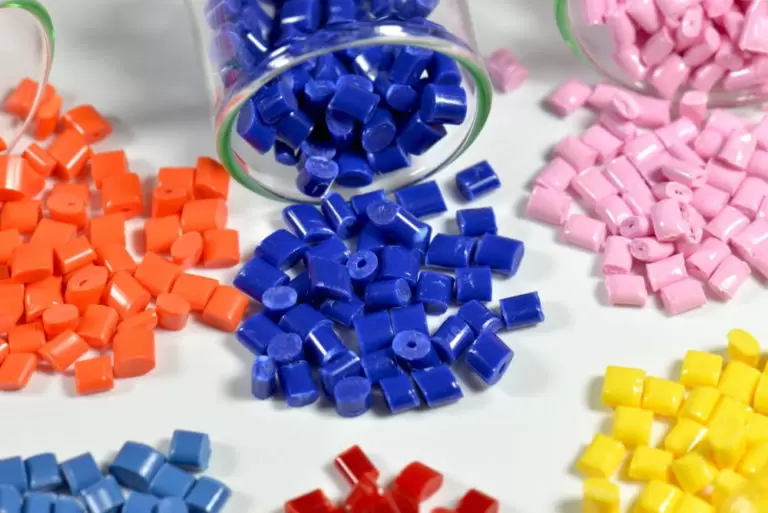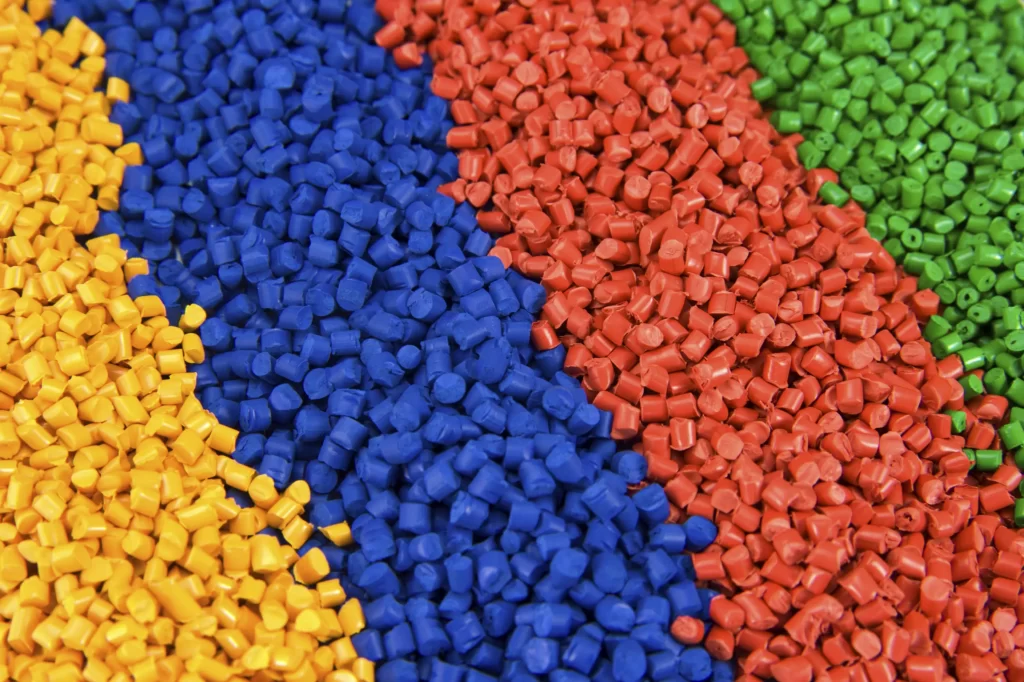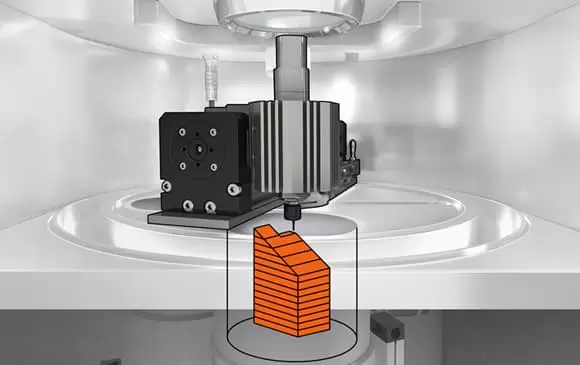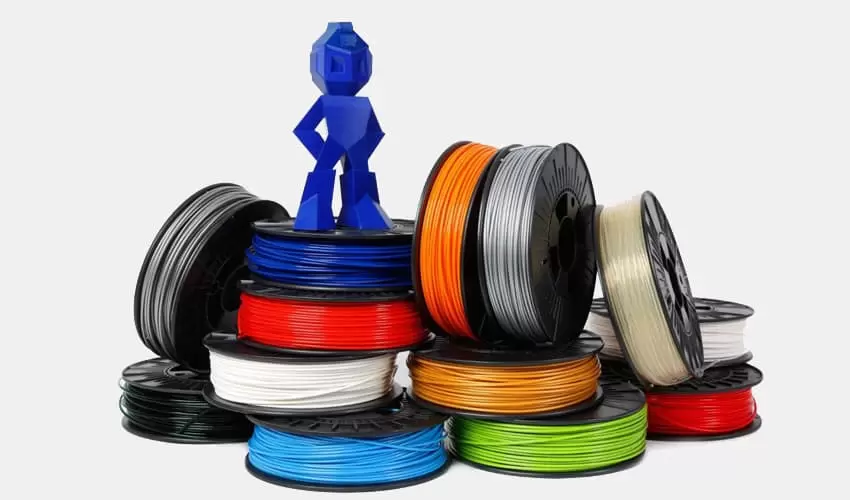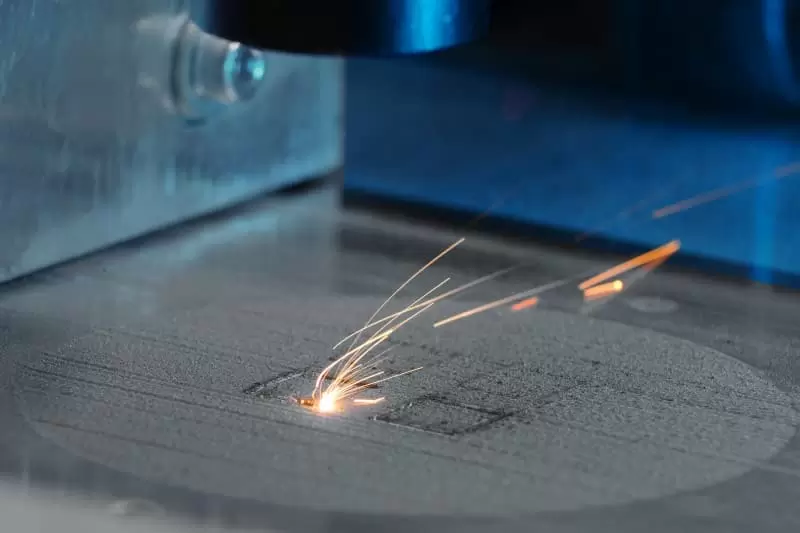Table of Contents:
- Introduction
- Types of Injection Molding Materials
- Properties of Injection Molding Materials
- Considerations for Selecting Injection Molding Materials
- Applications of Injection Molding Materials
- Popular Injection Molding Material Brands
- Conclusion
–
1. Introduction
Injection molding is a manufacturing process that involves the production of plastic parts or products in large quantities. The quality and efficiency of injection molding depend significantly on the choice of materials used for the process, known as injection molding materials. In this comprehensive guide, we will explore the types of injection molding materials, their properties, what to consider when selecting materials, their applications, and popular brands.
–
2. Types of Injection Molding Materials
There are several types of materials used in injection molding, including thermoplastics, thermosetting polymers, elastomers, and biodegradables.
Thermoplastics are the most widely used type of injection molding material, with properties that allow them to be melted and reshaped several times without losing their properties. Examples of thermoplastics include polyethylene, polystyrene, and polypropylene.
Thermosetting polymers are another type of injection molding material that, unlike thermoplastics, undergo a chemical reaction during their processing, resulting in their permanent shape. Examples of thermosetting polymers include epoxy and phenolic.
Elastomers are materials that combine elasticity, flexibility, and durability. Elastomers are used to make gaskets, seals, and other items that require properties that can withstand mechanical stress. Examples of elastomers include silicone and natural rubber.
Biodegradables are materials that break down easily in the environment. They are used in injection molding applications that require products that are eco-friendly and can quickly decompose. Examples of biodegradables include polylactic acid and starch-based bioplastics.
–
3. Properties of Injection Molding Materials
The properties of injection molding materials are essential in determining the quality, strength, and durability of the finished product. The main properties of injection molding materials are strength, flexibility, moldability, chemical resistance, and durability.
- Strength: It refers to the ability of the material to withstand forces without breaking or deforming.
- Flexibility: It refers to the ability of the material to bend or flex under external forces without breaking.
- Moldability: It refers to the ability of the material to take the shape of the mold during the injection molding process.
- Chemical Resistance: It refers to a material’s ability to resist corrosion by chemicals.
- Durability: It refers to the ability of the material to withstand wear and tear, ensuring longevity and reliability.
–
4. Considerations for Selecting Injection Molding Materials
Selection of injection molding materials requires proper considerations to obtain the best-suited materials for the intended use of the finished product. Some factors to consider when selecting injection molding materials include design flexibility, mechanical properties, environmental factors, cost, and regulatory requirements.
- Design Flexibility: Injection molding materials should have properties that can meet the required design needs for the finished products.
- Mechanical Properties: Injection molding materials should have sufficient strength, toughness, and hardness to withstand external forces and impacts.
- Environmental Factors: Injection molding materials should be resistant to factors such as moisture, sunlight, and temperature.
- Cost: The cost of the injection molding material should be balanced with the quality of the finished product.
- Regulatory Requirements: Injection molding materials must adhere to the certification and regulatory requirements of the relevant authorities.
–
5. Applications of Injection Molding Materials
Injection molding materials are used in several industries, such as automotive, consumer goods, medical, and packaging industries.
- Automotive Industry: Injection molding materials are widely used to manufacture various parts and components, ranging from dashboards to seat cushions.
- Consumer Goods Industry: Injection molding materials are used to manufacture consumer goods such as appliances, toys, and furniture.
- Medical Industry: Injection molding materials are used to produce medical products such as surgical instruments and equipment, syringes, and catheters.
- Packaging Industry: Injection molding materials are used extensively in the packaging industry to produce containers, lids, and closures.
–
6. Popular Injection Molding Material Brands
The selection of injection molding materials can have a significant impact on the quality of the finished product, making it crucial to use high-quality materials from reputable brands. Here is an overview of some of the most popular injection molding material brands in the market today.
- BASF SE:BASF SE is one of the largest chemical companies globally, offering a broad range of injection molding materials for various applications. BASF provides custom design solutions and product development support to help customers achieve their desired results. Some of their popular injection molding materials include Ultramid, Ultrason, and Luranyl.
- Dow Inc.:Dow Inc. is the world’s largest producer of polyethylene and polypropylene resins for injection molding applications. Their high-performance resins provide a balance of stiffness, toughness, and flexibility, making them ideal for various applications such as automotive, packaging, and consumer goods. Some of their popular injection molding material brands include Dowlex, Dowtyrene, and Inspire.
- DuPont de Nemours, Inc.:DuPont de Nemours, Inc. (DuPont) is a leading provider of high-performance thermoplastic polymers for injection molding applications. DuPont’s portfolio includes brands such as Delrin, Hytrel, and Zytel, which provide excellent stiffness, high-heat resistance, and outstanding mechanical properties.
- Sabic:Sabic is a global leader in the production of injection molding materials, including engineered thermoplastics, polyethylene, and polypropylene resins. Sabic also manufactures additives that provide various functionalities such as flame retardancy, improved impact resistance, and UV protection. Some of their popular injection molding materials include Lexan, Cycoloy, and Valox.
- Covestro AG:Covestro AG is a leading manufacturer of high-performance materials used in injection molding, including polycarbonate, polyurethane, and thermoplastic polyurethane. Their high-performance materials provide a balance of strength, toughness and design flexibility, making them suitable for various applications.
These popular injection molding material brands offer a broad range of products and services tailored to each application’s specific needs. Collaborating with these brands can provide access to custom design solutions, product development support, and technical expertise to help achieve the desired results.
If you need about Injection Molding Services,You can click on the V1 Prototype website to find it.
–
7. Conclusion
Injection molding materials play a crucial role in determining the quality and efficiency of injection molding processes. Selecting the right injection molding material requires considering the structural and environmental requirements of the finished product. Different types of materials, including thermoplastics, thermosetting polymers, elastomers, and biodegradables, are used in injection molding processes, along with various properties such as strength, flexibility, moldability, environmental resistance, and durability. As technology continues to advance, the injection molding material industry expects more innovative and sophisticated products.
